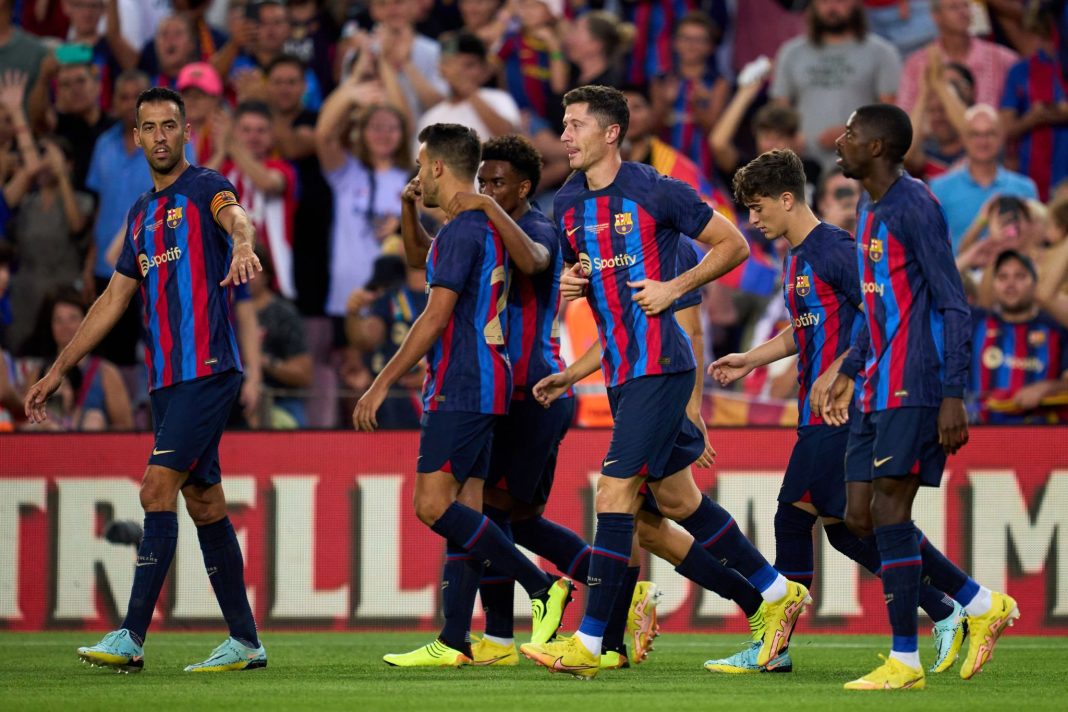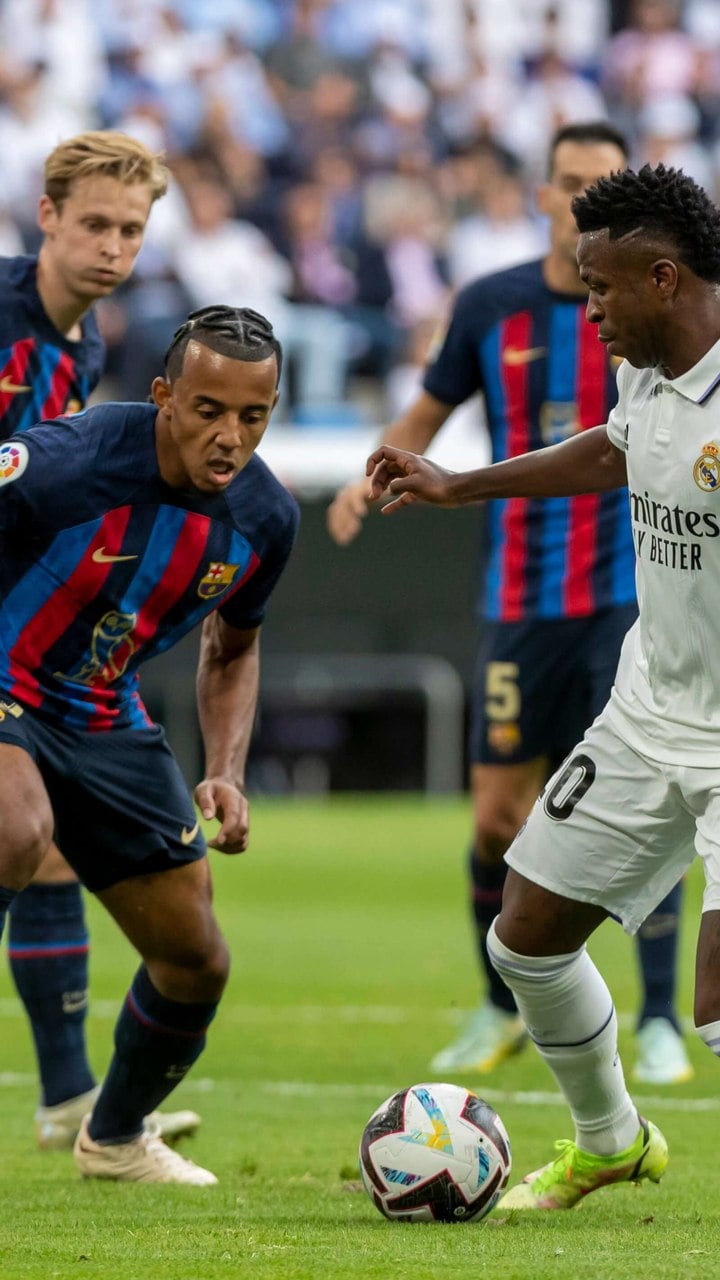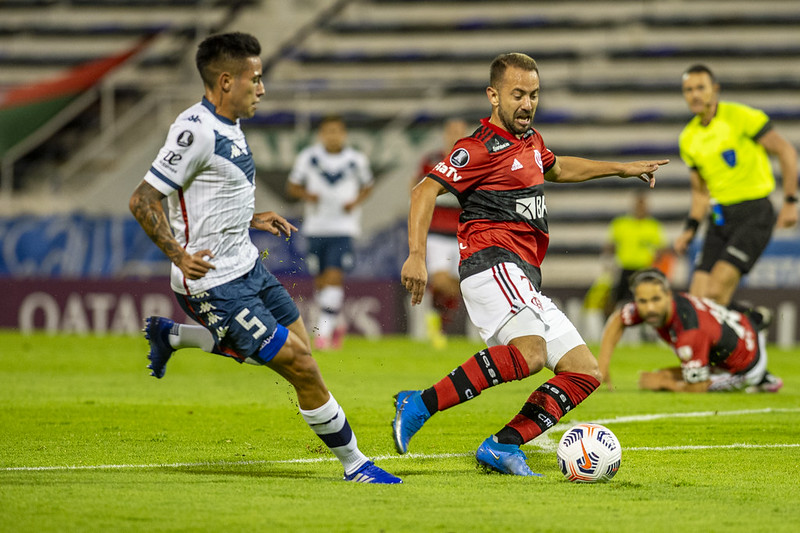The Rich Tradition of Fiorentina Football Club
Por um escritor misterioso
publicado em dezembro/29/2024

Discover the glorious legacy and iconic jersey of Italian football club Fiorentina, known for its distinctive purple shirts.


The origins of Fiorentina can be traced back to the early 20th century when a group of young players from Florence came together to form local clubs. These clubs eventually merged to form AC Firenze in 1926. Three years later, the name was changed to ACF Fiorentina.
The club's first success came in the late 1930s when they won their first Serie C title. This marked the beginning of an upward trajectory for Fiorentina. In the following decades, they achieved numerous accolades and established themselves as one of Italy's top clubs.
However, it was during the late 1950s and early 1960s that Fiorentina enjoyed its most successful period. Led by legendary manager Nils Liedholm and featuring star players such as Giuseppe Virgili and Miguel Montuori, Fiorentina won back-to-back Coppa Italia titles in 1958 and 1959.
The pinnacle of Fiorentina's success came in the European Cup season of 1956-57 when they reached the final against Real Madrid. Although they lost to Real Madrid's star-studded team featuring Alfredo Di Stefano and Francisco Gento, reaching the final was a remarkable achievement for Fiorentina.
Another defining moment for Fiorentina came in the early 1990s when they signed Argentine icon Gabriel Batistuta. Batistuta's goal-scoring prowess and his partnership with Francesco Toldo propelled Fiorentina to new heights. They finished as Serie A runners-up in the 1998-99 season, their best league finish since the 1968-69 season.
However, despite these successes, Fiorentina also had its fair share of setbacks. Financial troubles led to bankruptcy in 2002, resulting in the club being forced to start from scratch in the fourth tier of Italian football. But with dedicated fans and passionate stakeholders, Fiorentina quickly rose through the ranks and returned to Serie A within three seasons.
Fiorentina's iconic purple jersey has become a symbol of pride for both players and fans. The origins of the color can be traced back to an encounter between club founder Luigi Ridolfi and Queen Victoria of England. Wearing a purple dress during a meeting, Queen Victoria inspired Ridolfi to adopt purple as the color for Fiorentina.
Apart from its distinctive jersey, Fiorentina also boasts a strong fanbase known as "La Viola." The supporters are known for their unwavering loyalty and passionate displays at matches. The Stadio Artemio Franchi, home to Fiorentina since 1931, is often filled with chants and songs that reverberate throughout the stadium on match days.
In conclusion, Fiorentina is a club steeped in history and tradition. From its humble beginnings in Florence to reaching the pinnacle of European football, Fiorentina has left an indelible mark in Italian football. With their distinctive purple jersey and passionate fanbase, they continue to captivate football fans worldwide.


:quality(75)/cloudfront-us-east-1.images.arcpublishing.com/elcomercio/AIS6KTTSU5AINIKLXUJ24M3AYE.jpg)



Um Barça de Champions goleia o Pumas e conquista o Troféu Joan Gamper - Aqui Catalunha

Mansion Wood Construtora Casas de Madeira Nobre
Fiorentina, officially known as ACF Fiorentina, is an Italian professional football club based in Florence. Founded in 1926, the club has a rich history and a passionate fanbase. One of the most recognizable aspects of Fiorentina is its unique purple jersey, which has become synonymous with the team.The origins of Fiorentina can be traced back to the early 20th century when a group of young players from Florence came together to form local clubs. These clubs eventually merged to form AC Firenze in 1926. Three years later, the name was changed to ACF Fiorentina.
The club's first success came in the late 1930s when they won their first Serie C title. This marked the beginning of an upward trajectory for Fiorentina. In the following decades, they achieved numerous accolades and established themselves as one of Italy's top clubs.
However, it was during the late 1950s and early 1960s that Fiorentina enjoyed its most successful period. Led by legendary manager Nils Liedholm and featuring star players such as Giuseppe Virgili and Miguel Montuori, Fiorentina won back-to-back Coppa Italia titles in 1958 and 1959.
The pinnacle of Fiorentina's success came in the European Cup season of 1956-57 when they reached the final against Real Madrid. Although they lost to Real Madrid's star-studded team featuring Alfredo Di Stefano and Francisco Gento, reaching the final was a remarkable achievement for Fiorentina.
Another defining moment for Fiorentina came in the early 1990s when they signed Argentine icon Gabriel Batistuta. Batistuta's goal-scoring prowess and his partnership with Francesco Toldo propelled Fiorentina to new heights. They finished as Serie A runners-up in the 1998-99 season, their best league finish since the 1968-69 season.
However, despite these successes, Fiorentina also had its fair share of setbacks. Financial troubles led to bankruptcy in 2002, resulting in the club being forced to start from scratch in the fourth tier of Italian football. But with dedicated fans and passionate stakeholders, Fiorentina quickly rose through the ranks and returned to Serie A within three seasons.
Fiorentina's iconic purple jersey has become a symbol of pride for both players and fans. The origins of the color can be traced back to an encounter between club founder Luigi Ridolfi and Queen Victoria of England. Wearing a purple dress during a meeting, Queen Victoria inspired Ridolfi to adopt purple as the color for Fiorentina.
Apart from its distinctive jersey, Fiorentina also boasts a strong fanbase known as "La Viola." The supporters are known for their unwavering loyalty and passionate displays at matches. The Stadio Artemio Franchi, home to Fiorentina since 1931, is often filled with chants and songs that reverberate throughout the stadium on match days.
In conclusion, Fiorentina is a club steeped in history and tradition. From its humble beginnings in Florence to reaching the pinnacle of European football, Fiorentina has left an indelible mark in Italian football. With their distinctive purple jersey and passionate fanbase, they continue to captivate football fans worldwide.

Grêmio x Aimoré: veja as informações da partida do Campeonato Gaúcho - Gazeta Esportiva

Real Madrid x Barcelona: veja onde assistir ao jogo de hoje, Internacional
:quality(75)/cloudfront-us-east-1.images.arcpublishing.com/elcomercio/AIS6KTTSU5AINIKLXUJ24M3AYE.jpg)
Marcador de Real Madrid vs. Elche: resumen del partido por LaLiga Santander, Elche 2-0 Real Madrid, DEPORTE-TOTAL

2º Via Fatura casas Bahia - Como puxar boleto casas bahia
